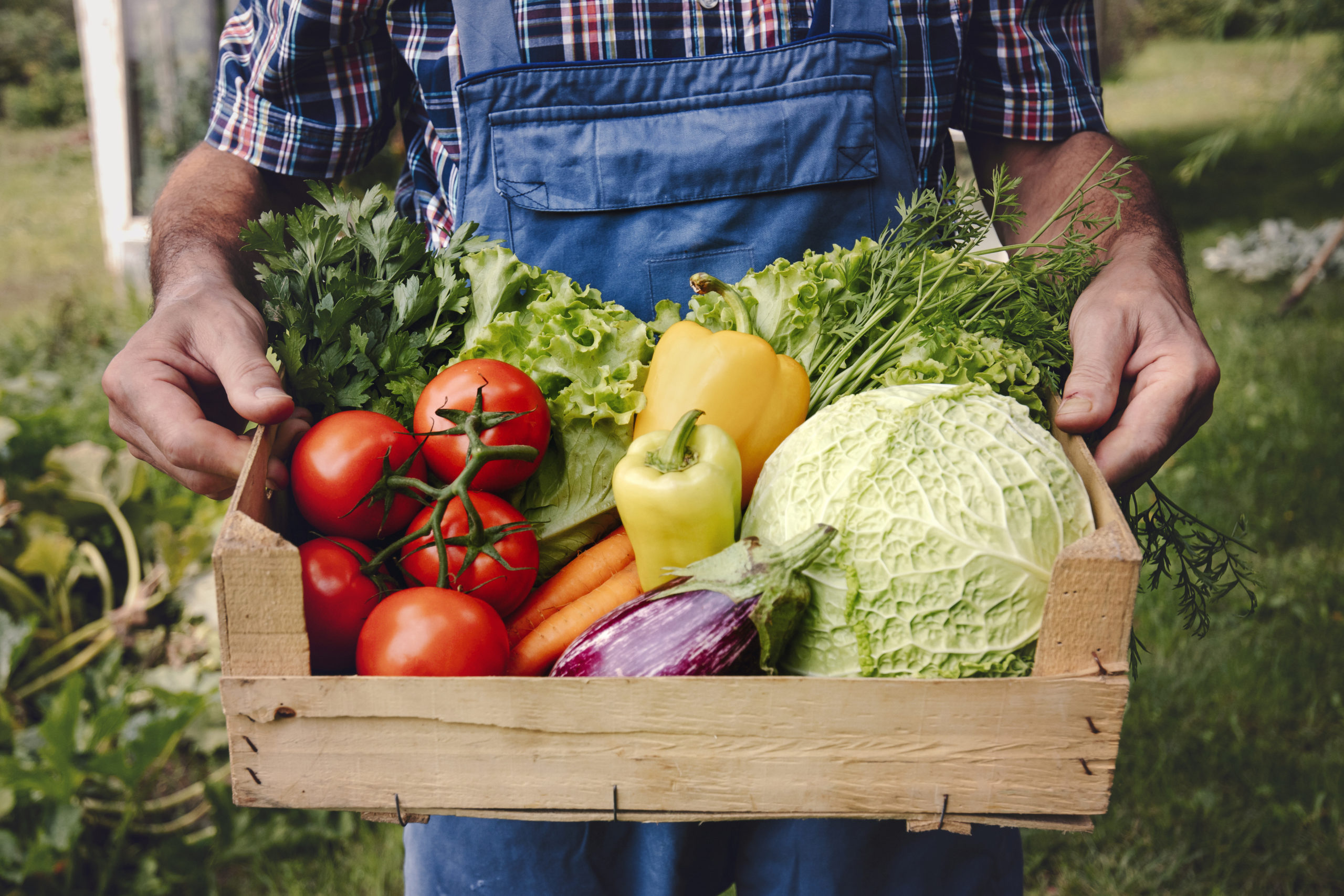On 5 September, Spanish farmers from the southern Andalusian region convened for a massive protest in Córdoba to express their frustration with the EU’s stringent climate policies. Already grappling with two punishing years soaring inflation, production costs and climate change-induced losses, Iberian farmers have recently decried Brussels’ green agriculture approach as “totally out of touch” with on-the-ground realities.
Coinciding with a meeting of the bloc’s agriculture ministers in the same city, their demonstration is unlikely to fall on deaf ears. Moreover, this Andalusian uprising is the latest in a series of protests that have swept across the bloc in recent months, with politically-consequential farmers in the Netherlands, Poland, and the wider CEE region rising up against EU and domestic policy failures.
Faced with tough year-end decisions on several polarising agricultural fronts, Brussels must find rapid compromises that work for both its farmers and environment while cultivating broader bloc-wide unity.
Green farming exemption making waves
Over the summer, sustainable farming exemptions have emerged as a highly-sensitive point of contention. While the European Commission granted farmers temporary flexibility on certain environmental regulations in 2022 and 2023 amid the war in Ukraine and food security fears, the future of these derogations now hangs in the balance.
A Latvian-led coalition of member-states including Lithuania, Czechia, Estonia, Finland, Hungary and Poland launched a lobbying effort in late June to push for a 2024 extension, particularly in light of the “remarkable crop losses” resulting from climate change-driven drought.
But EU Agriculture Commissioner Janusz Wojciechowski has other ideas, telling the MEPs on 31 August that the Commission “has not been thinking about extending because the situation in the market has changed.” Considering the summer’s extreme weather as well as Russia’s July exit from the Black Sea grain deal and drone strikes on Ukrainian grain ports, Brussels’s seemingly optimistic outlook is perplexing.
As a Commission official has recognized, “the window is closing to take the decision,” before the crucial winter planting season. With a final decision expected in the coming weeks, the EU must make the right choice for food security and farmers’ viability.
Bloc-wide food label hitting wall
Beyond the green exemptions extension, the clock is also ticking for the Commission’s bloc-wide Front-of-Package (FOP) nutritional label. Originally slated for late 2022, the EU executive’s proposal was delayed to 2023 amid a lack of member-state consensus.
The France-backed Nutri-Score has been the most controversial, encountering strong resistance from a group including Czechia, Greece and Hungary, while national competition authorities in Romania and Italy have banned the label. Poland may soon follow suit; in late August, Polish agricultural trade association president Jacek Zarzecki, formally requested a competition investigation into Nutri-Score’s impact on consumers and local products.
At the heart of the debate is Nutri-Score’s algorithm, which grades food and beverage products grades on a ‘green A’ to ‘red E’ scale based on sugar, salt and fat content, leaving many traditional European dairy and meat products with unfairly negative scores. Zarzecki has rightly highlighted that the algorithm fails to “take into account” these natural, single-ingredient products’ wider macronutrients and dietary benefits, while promoting “ultra-processed foods” like ‘green A’ Chocapic cereal.
On 1 September, amid mounting scientific evidence on the health risks of ultra-processed food, the research team behind Nutri-Score proposed a new design with an “ultra processed food” warning. Yet this cosmetic addition fails to resolve the algorithm’s fundamental flaws – if a product branded “ultra-processed” still receives an ‘A’ or ‘B’ while natural products receive ‘D’ and ‘E’ scores, how are consumers supposed to make well-informed choices?
With its farmers’ financial viability and citizens’ health on the line, Brussels must not let growing pressure to release its FOP proposal play in Nutri-Score’s favour.
Ukrainian grain saga flaring up
Meanwhile, pressure is mounting on the Commission to resolve the farmer standoff between Ukraine and the EU border countries.
In May, Brussels agreed to temporary bans on Ukrainian grain in Poland, Hungary, Slovakia, Romania and Bulgaria, after these countries had unilaterally blocked the torrents of Kyiv’s cheap agricultural exports flowing into the bloc via the EU’s tariff-free “solidarity lanes” due to their devastating impact on local prices. Already extended in June, the bans are now set to expire on 15 September, which the Commission insists is the definitive phase-out point.
Nevertheless, the central and eastern European (CEE) countries are pushing hard for a year-end extension to shield their beleaguered farmers from the likely impending surge of Ukrainian grain exports following the collapsed Black Sea deal – a prospect that Kyiv has vehemently rejected. Muddying the waters, EU heavyweights Germany and France have expressed single market concerns over any CEE ban extension, while Agriculture Commissioner Janusz Wojciechowski – a Polish national – strayed from the official Commission line on 31 August, making a rogue call for the year-end extension.
Crucially, the Commission must resolve this farming saga in a way that provides immediate relief to its frontline member-states while maintaining solidarity with Ukrainian farmers.


















































